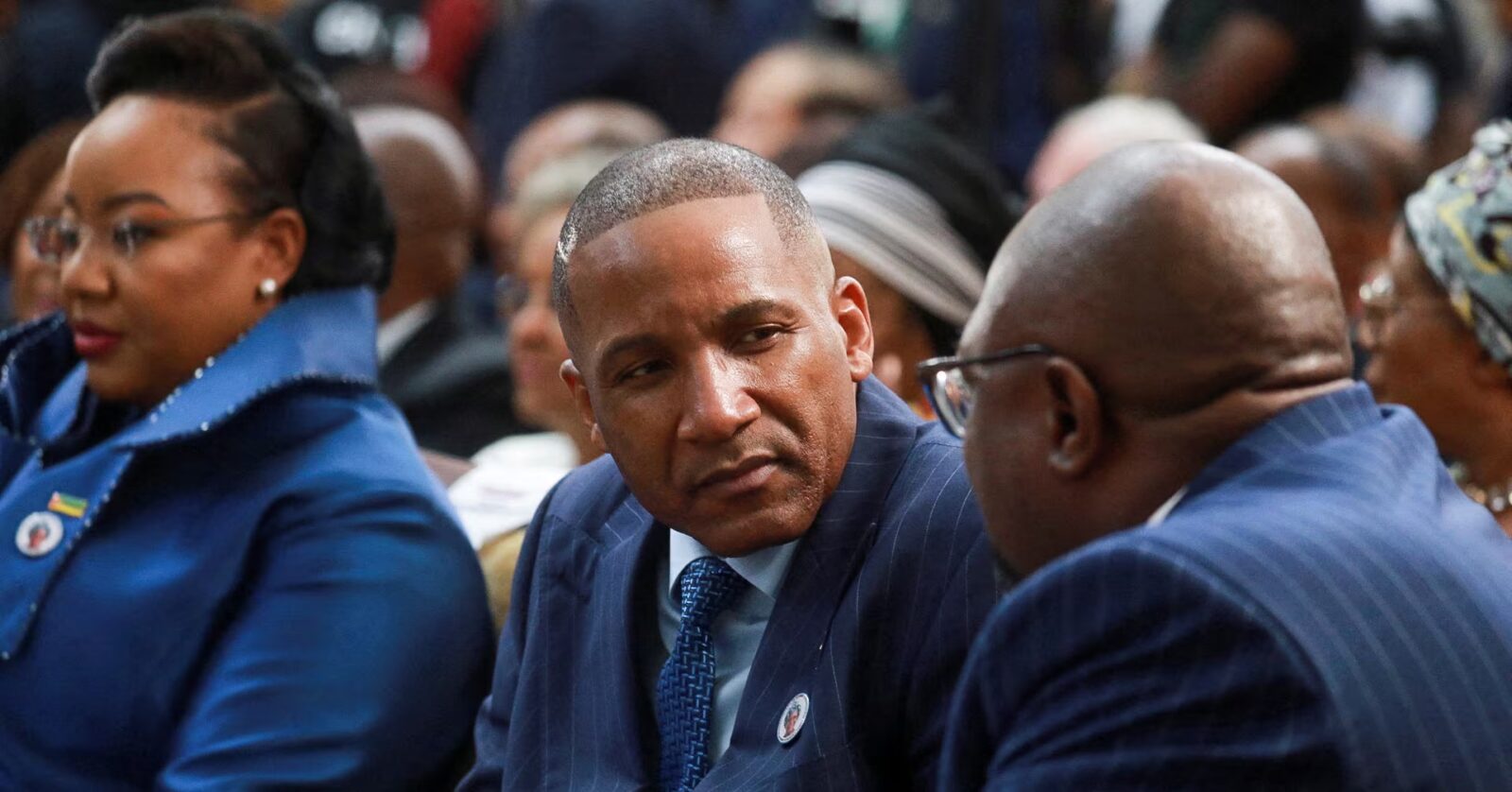A federal judge has temporarily halted the deportation of Kilmar Abrego Garcia, a man whose case has drawn national and international attention after a series of controversial immigration actions by the United States government. Judge Paula Xinis issued the ruling after U.S. Immigration and Customs Enforcement (ICE) once again detained Mr. Abrego Garcia during a mandatory immigration check-in in Baltimore, sparking outrage among his supporters and raising serious constitutional questions about his treatment.
Mr. Abrego Garcia’s legal saga has been marked by errors, contested charges, and extraordinary government actions. Earlier this year, he was mistakenly deported to El Salvador despite an active court order blocking his removal. He was sent to the notorious Cecot prison, where he was held under harsh conditions until a judge ordered the U.S. government to bring him back, admitting the deportation was the result of an “administrative error.” After his return, he was charged with human trafficking and later released under strict monitoring conditions, including an ankle bracelet and what his attorneys described as “essentially house arrest.”
The latest escalation occurred when ICE summoned him for a check-in meeting on Monday morning in Baltimore. Before entering the building, Mr. Abrego Garcia addressed a crowd of protesters and supporters, declaring his pride in being free and reunited with his family. However, shortly afterward, ICE officers took him into custody without providing his lawyers with details about where he would be transferred. This move triggered an urgent legal challenge and a new federal lawsuit.
At Tuesday’s hearing, Judge Paula Xinis made it clear that the U.S. government could not proceed with deporting Mr. Abrego Garcia to Uganda—or any other country—until the court had reviewed the matter thoroughly. The judge sharply criticized the government’s attempt to pressure Mr. Abrego Garcia into accepting a plea deal by threatening deportation to a country where he had no ties. “You can’t condition the relinquishment of constitutional rights in that regard,” she said, emphasizing that coercion undermines the possibility of a fair and voluntary guilty plea.
The government has argued that it is within its rights to deport him under agreements reached with third countries, specifically Uganda and Honduras, as part of the Trump administration’s broader crackdown on illegal immigration. However, Uganda’s Ministry of Foreign Affairs has publicly stated that while it has agreed to receive certain third-country nationals who cannot remain in the U.S., it prefers individuals from African nations and would not accept those with criminal records or vulnerable groups such as unaccompanied minors. This casts serious doubt on whether deporting Mr. Abrego Garcia to Uganda is even a realistic option.
Judge Xinis pressed government attorney Drew Ensign on these issues, questioning the logic and legality of sending a man with no Ugandan ties to that country. Ensign admitted that “third country removal takes some time” and assured the court that deportation was not immediately imminent, especially given the current orders barring removal until Wednesday afternoon. Still, Judge Xinis stressed that the government was “absolutely forbidden” to deport Mr. Abrego Garcia while the orders remained in effect.
The Department of Homeland Security, led by Secretary Kristi Noem, has doubled down on its portrayal of Mr. Abrego Garcia as a dangerous individual, accusing him of human trafficking and domestic abuse. The official White House account even shared a stylized image of him with “MS-13” in bold letters beneath his face, a move his attorneys described as politically motivated and designed to prejudice the public against him. His lawyer, Simon Sandoval-Moshenberg, told reporters that ICE was using detention and threats of deportation as a tactic to punish his client for exercising his constitutional rights and refusing to accept a guilty plea.
The defense team further revealed that the government had offered Mr. Abrego Garcia a deal: plead guilty to human smuggling in exchange for deportation to Costa Rica. When he declined, ICE allegedly shifted its focus to Uganda as a destination, a move his lawyers say is a clear form of retaliation. “The only reason that they’ve chosen to take him into detention is to punish him,” Sandoval-Moshenberg argued.
The broader context of this case ties into controversial U.S. immigration agreements with other countries and the Trump administration’s hardline stance on deportation. Legal experts note that if the government succeeds in deporting an individual to a country with which they have no prior connection, it could set a troubling precedent for immigration law and constitutional rights.
For now, Mr. Abrego Garcia remains in ICE custody at a facility in Virginia, with his attorney requesting that he be kept within 200 miles of the court to ensure adequate access to legal proceedings. Judge Xinis has ordered both sides to submit legal briefs this week as she considers the next steps. The case remains highly charged, with activists, human rights organizations, and immigrant advocates closely watching developments, given its implications for due process, deportation policies, and the treatment of vulnerable migrants in the United States.
As the legal battle continues, the story of Kilmar Abrego Garcia stands as a stark reminder of the complexities and controversies surrounding immigration enforcement in the U.S., the limits of government power, and the struggle between national security priorities and individual constitutional protections.














Leave a comment